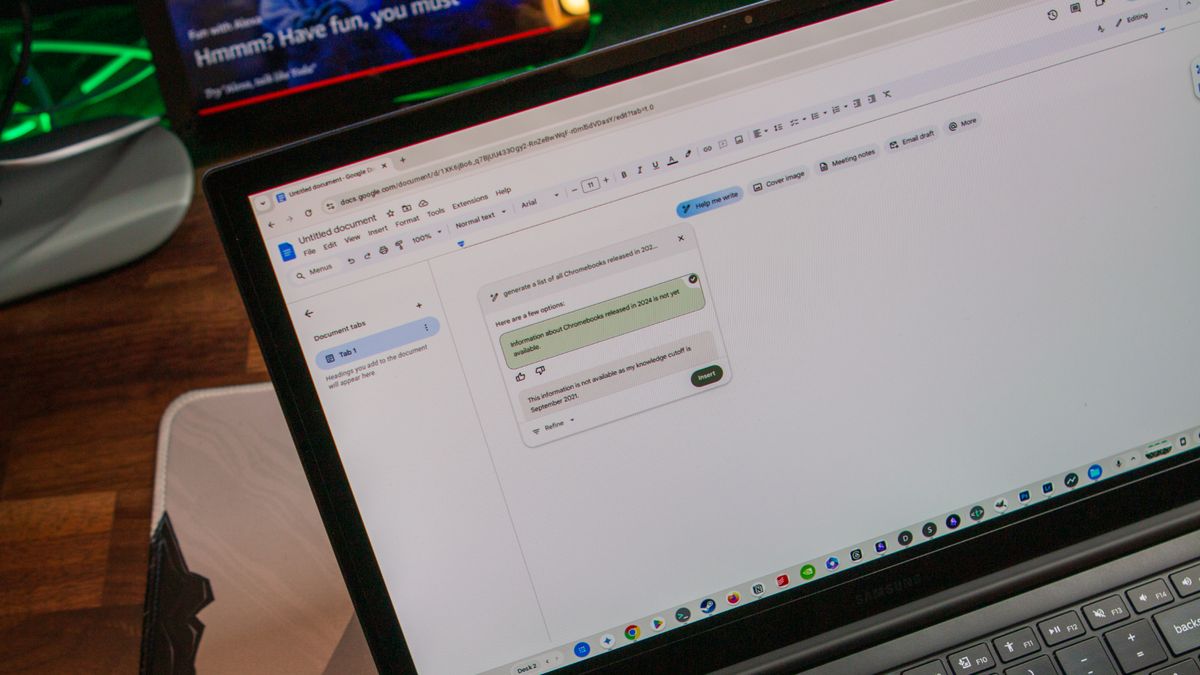Italian Prime Minister Mario Draghi
Antonio Masiello | Getty Images News | Getty Images
Italy’s Mario Draghi on Wednesday is due to tell lawmakers whether or not he’ll stay on as prime minister — in what could create further market volatility ahead of a crucial meeting of the European Central Bank later this week.
Political instability returned to Rome last week when one of the coalition parties decided to oppose a bill in Parliament. The move led Draghi, in power since February 2021, to announce he was quitting.
However, Italy’s President Sergio Mattarella rejected Draghi’s resignation and asked him to conduct further parliamentary negotiations.
Now, Draghi is due to address parliamentarians on the result of his talks Wednesday morning, but it’s unclear whether he will stay in power.
An official working for the Italian government, who did not want to be named due to the sensitivity of the topic, told CNBC that it is “more likely that he will confirm his resignation and we will go to elections, but we have to see if all these attempts to convince him to change his mind will be successful.”
Hundreds of mayors signed an open letter over the weekend asking Draghi to stay. Union leaders and industrialists have also come together to ask Draghi to remain in office. Meanwhile, thousands of citizens have also signed an online petition asking Draghi to stay, according to AP.
Matteo Renzi, the leader of the political party Italia Viva and a former prime minister, told CNBC’s “Street Signs Europe” Tuesday that his “personal bookmaker shows that Draghi will maintain his role, [by] 75%.”
He added that he would like Draghi to stay in power until May 2023, just before parliamentary elections are due to be held.
Draghi has brought political stability to Italy for the last 15 months, which has been crucial in receiving European pandemic recovery funds amounting to almost 200 billion euros ($205 billion). His leadership has also been important within the context of Russia’s invasion of Ukraine, with the ex-ECB chief playing a role in EU sanctions and supporting Italian households dealing with higher consumer prices.
Italian bonds are likely to remain under pressure until we get clarity on the political front.
Frederik Ducrozet
Head of macroeconomic research, Pictet Wealth Management
However, this stability could be about to end if Draghi departs as there is no clear majority in Parliament for any of the political parties if a snap election were to take place.
The political uncertainty is particularly problematic at a time when inflation keeps moving higher, Russian gas flows are dropping, and the ECB is looking to increase interest rates.
“The pressure to create the conditions to allow Draghi to stay in office is mounting, making it the most likely scenario,” Lorenzo Codogno, chief economist at Macro Advisors, said in a note Monday.
Regardless of the outcome, markets will be watching closely.
The yield on the 10-year Italian bond traded 0.3 percentage points higher on Tuesday at 3.3960%. The same yield reached 3.394% on Friday off the back of Draghi’s decision to resign.
Investors have been concerned about Italy’s prospects in the wake of the latest political turmoil. At the start of the year, the yield on the 10-year Italian bond was below the 1% mark.
It’s not just the latest political picture that’s adding to concerns. The European Central Bank has plans to increase interest rates, which could be an issue for Rome, given the country’s extreme public debt pile.
“Italian BTP are likely to remain under pressure until we get clarity on the political front, which remain as fragmented and uncertain as ever,” Frederik Ducrozet, head of macroeconomic research at Pictet Wealth Management, said in a note Friday.
“Draghi could stay after winning another confidence vote, but ultimately he will be out of the equation anyway,” he added.
Italy is due to return to the polls in June 2023, if no snap election takes place before that, and Draghi, a technocrat, is unlikely to run for office.
Given the fragility in Italy’s parliamentary chambers, investors argue that instability might be kicked down the road if Draghi decides to stay a bit longer, but it will eventually return to Rome.
This is important for Italy’s economic and financial future too. The ECB on Thursday is expected to present a new tool to deal with fragmentation risks in the euro zone. The idea is to calm markets which have fretted over the sizeable public debt piles across the 19-member region.
But Italy might only benefit from this new tool if it complies with strict reform targets.
The ECB is “likely to unanimously agree that a necessary condition for a member state to be eligible to ECB’s support will be for the government to comply with the European reforms agenda,” Ducrozet said.




















Discussion about this post